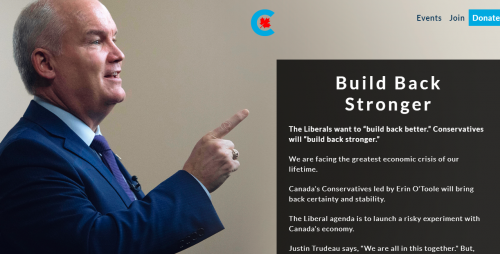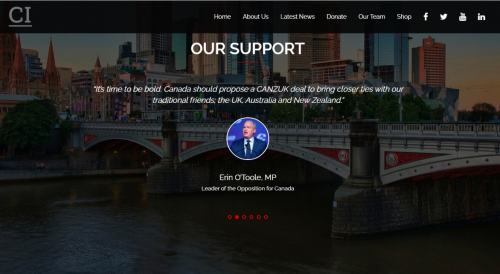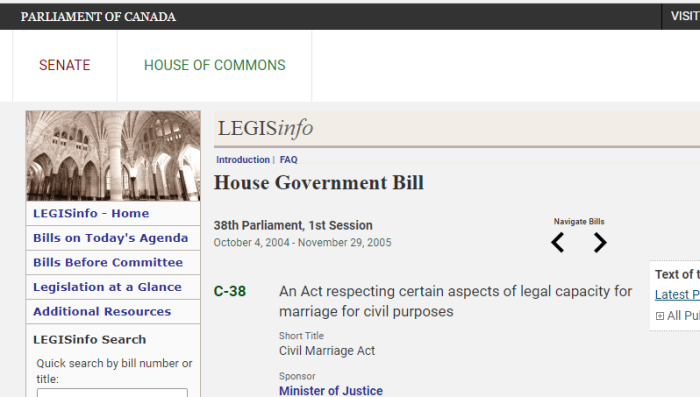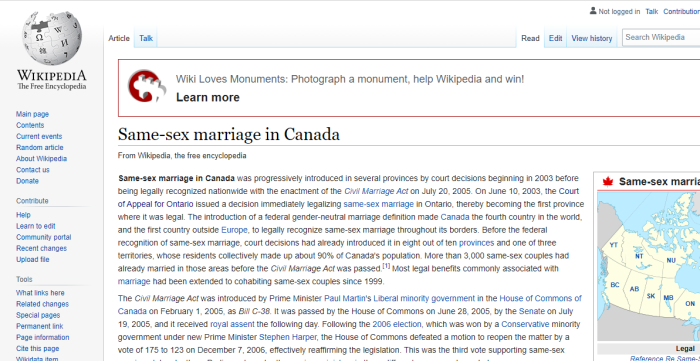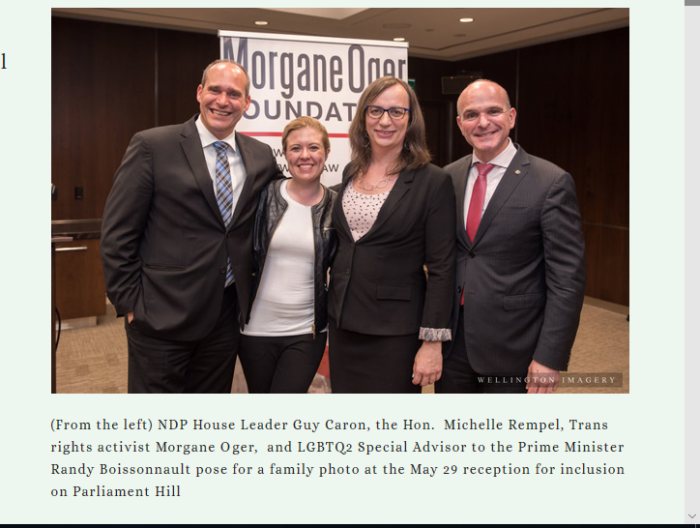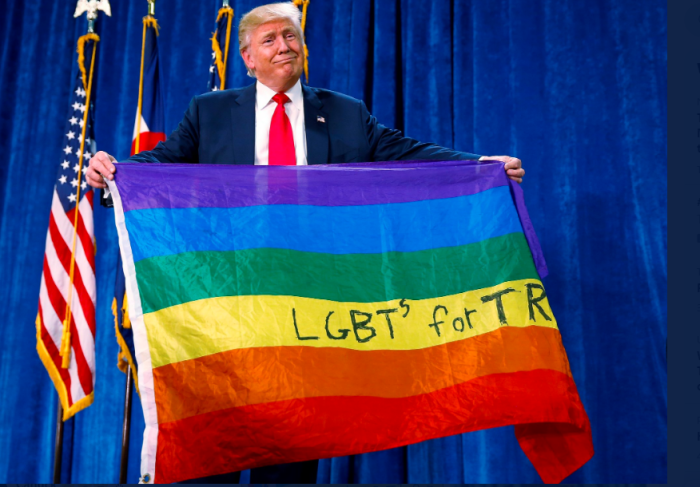
This review is in response to article written by Spencer Fernando. Not sure if that was written as a satire piece, but the content needs addressing.
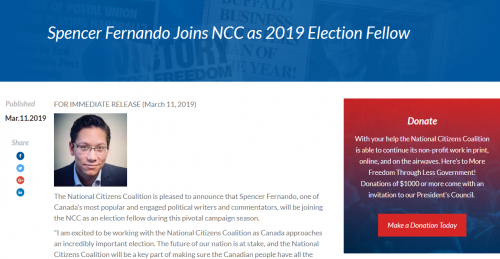
To point out the obvious: Spencer Fernando is part of the National Citizens Coalition, the organization that Stephen Harper used to run. So he’s not writing this as a journalist, but as a political operative looking to help out “his team”. Nonetheless, let’s see what unique and visionary ideas he brings to the table.
It has the benefit of appealing to all aspects of the party, being a real alternative to what the Liberals and others are offering, and being an idea that is increasingly essential in a rapidly changing world.
This is a summary of the argument: that a governing structure more decentralized would be a politically beneficial platform to advance. Okay, let’s look at the details he offers.
These are tough times for the Conservative Party.
.
While the Liberals put forward real ideas (albeit the terrible ideas of excessive regulations and massive government intervention), the Conservatives find themselves constantly on the defensive, fighting internally, divided, and unable to define themselves in any consistent way.
This is a common talking point that comes up: politicians being unable to “define themselves”. Here’s a tip:
Getting into politics is (supposedly) about offering up new ideas. How people define themselves — or at least how they should — is on what they want to do. Conservatives have trouble “defining themselves” because they don’t really stand for anything. All they offer is vague slogans.
The author seems to realize this. A good solution would be to replace them by people who “do” want to advance new ideas. Instead, he scrapes the bottom of the barrel looking for ideas. And this appears to be in the context of electioneering, not real intellectual conversation.
Why the divisions? Mainly because many factions he calls “conservatives” want nothing to do with each other. More on that later.
Previously, I had shared thoughts that a potential solution to this issue was an embrace of a more Canadian form of populism, based on being an inclusive party that was still willing to use the federal government to achieve big goals for the nation while pushing back against political correctness on certain issues like immigration, trade, and more.
Fernando uses the term “pushing back against political correctness” for issues such as immigration and trade. He avoids saying that a hard discussion is needed, as these are 2 very destructive topics.
Immigration causes significant and often irreversible changes to a country, including replacing its founding history, culture, language and people. This is especially true given the TRUE SCALE at which it happens in Canada. Moreover, as demographics change, and more left wing groups come in, it becomes mathematically impossible for “conservatives” to win politically.
In fact, a major reason countries split up because they become too diverse, and they prefer to remain more homogenous. They wish to preserve their way of life, which is natural.
So-called free trade, or globalization, or offshoring is another policy Conservatives support which is harmful. Whether it’s FIPA, CANZUK, NAFTA, TPP, or something else, these agreements have the effect of outsourcing Canadian industries to the 3rd World. This results in jobs disappearing, wages being driven down, economic security going away, and a race to the bottom that only benefits multinationals.
We don’t need to combat political correctness. We need a frank discussion about what such policies — that Conservatives support — are actually doing to Canada. However, this commentator doesn’t appear to be much on giving in depth coverage.
However, this past year has shown that even ‘conservative’ leaders cannot be trusted with massive centralized government power.
.
We have watched as ‘conservative’ premiers imposed draconian lockdowns and restrictions, picked which businesses would live and which would die, benefitted big box stores and global corporations, wiped out countless small businesses, threatened – and used – the police to enforce what was essentially marshal law, and proved no different from what ‘socialists’ were accused of.
Although not named, presumably these leaders include:
-Blaine Higgs (NB)
-Francois Legault (QC)
-Doug Ford (ON)
-Brian Pallister (MB)
-Scott Moe (SK)
-Jason Kenney (AB)
The sentence should read: “Even ‘conservative’ leaders cannot be trusted.” The rest is an unnecessary qualification.
While it’s certainly true, ‘conservatives’ have imposed martial law, centralized power is not the issue. Instead, the problem is that these ‘conservatives’ collectively have no problem wiping their butts with the Constitution. The structure of Government is actually irrelevant.
Some valid suggestions could include: (a) implementing recall legislation; (b) term limits; (c) stronger free speech and civil rights protections; (d) police oversight measures; (e) exposing the corrupt media; (f) removing Sections 1 and 33 from the Constitution; or some other measure to ensure this doesn’t happen again.
And this is a bit confusing. When he argues for decentralization, is he saying that Ottawa shouldn’t have the powers it does, or the Premiers shouldn’t have the power they do? Or both?
Haven’t Mayors and City Councils in many Municipalities been implementing some of these measures too? Is it centralization, or just tyrants in all levels of Government?
The author seems unaware that most of these draconian measures actually came from the World Health Organization. Read Articles 21(A) and 22 of the WHO Constitution, or the legally binding IHR, International Health Regulations, or the 2005 Quarantine Act — which the WHO wrote.
People like Erin O’Toole and Michelle Rempel-Garner simply parrot the big pharma narrative that this is a pandemic, restrictions are necessary, and that everyone needs to be vaccinated. O’Toole has publicly criticized Trudeau for not being authoritarian enough.
This necessitates a real rethinking of things.
.
It is tempting to try and get that one big ‘win’ so you can control the government and impose your ideas, but at some point, you lose power, and then your opponents use that power to impose their agenda.
The real problem is all the power being so centralized in the first place, and it’s time for the Conservatives to offer something that is truly different.
The author (accurately) mentioned various ‘conservatives’ imposing martial law, so props for that.
However, the problem behind it wasn’t the central structure of Canadian Government. Instead, it’s that so many ‘conservative’ leaders have decided that things like free speech, free association, peaceful assembly, freedom of religion, free enterprise, and medical autonomy no longer matter.
When he says it’s time for conservatives to offer something that is truly different, it’s a tacit admission that they offer nothing to the public, and stand for nothing.
Real Decentralization
Every party needs a core idea. Even when that idea is bad, it gives people something to support, and grounds a party in a way that lets them define themselves. The Liberals’ core idea has become ‘spend as much as is necessary.’ The NDP’s core idea is ‘spend as much as possible.’ And the Greens idea is to reshape our entire society to fight climate change.
.
Those ideas may not be reasonable, and they may not be effective in the long-run, but they are real ideas, and they give people something to either support or oppose.
To a point, this is valid criticism. A party does need a core idea. However, “conservative” parties function as little more than controlled opposition, so they won’t offer visionary ideas.
The Liberal/NDP core idea is to spend as much as possible? Concerning finance, it would be great for “conservatives” to openly address the Bank for International Settlements, and the topic of private central banking. Instead, parties avoid such things. They focus on symptoms (spending and debt), and not the disease (the banking system). This writer is no different.
Regarding the climate change hoax: “conservatives” will never fully address what is going on. They’ll never discuss the climate bonds industry, the debt-for-land swaps, the use of pension funds, or the court challenges are designed to fail.
“Conservatives” have many opportunities to offer something different. Instead, they are reduced to simple talking points, and token opposition.
By contrast, can you tell me what the core Conservative Party idea is?
.
Right now, their core message is that (after campaigning as ‘True Blue’), they are now a ‘moderate centrist party.’
.
Of course, that’s how the Liberals describe themselves.
The core idea of the Conservative Party is to offer the “illusion” of something different. Not to offer something different, but to appear to.
So, the Conservatives need an actual big idea, and decentralization should be that idea.
.
First, it appeals to various aspects of the party.
.
Libertarians like it because it reduces federal power and moves power towards a more local, individual level.
.
Fiscal conservatives like it because it means the federal government won’t be going crazy spending trying to fix every ‘problem’ with a ‘national program.’
.
Social conservatives can like it because it lets more decisions be made locally, letting some communities be more conservative if they chose, while other communities can be more progressive, rather than imposing a one-size-fits-all ideology across the country. And social issues can be left to provinces.
.
And populists can like it because a key goal of populism is to move power closer to the people, rather than being in the hands of politicians, and decentralizing power does exactly that.
On the surface, this sounds reasonable. However, the thinking falls apart when one realizes that these factions have nothing in common with each other. While there is some generalization in the following, these statements are mostly true.
Social conservatism and libertarianism are completely incompatible. Soc-Cons, as the name implies, are interested in preserving their culture, way of life, history, and traditions. These are things that libertarians are unconcerned with.
Nationalists want strong borders, very restricted immigration, preservation of the culture, and the Government to focus on the well being of its people. Libertarians want the exact opposite: open borders, open movement and travel, multiculturalism, just with no access to the welfare state. There isn’t any compromise here.
Fiscal conservatism is a fine position to take, and there are good policy arguments for it. However, “conservative” politicians will never address the international banking cartel which bankrupts nations.
Milquetoast conservatism is despised by other groups, and that’s what exists today. Nationalists (correctly) view it as open borders globalism. Libertarians and fiscal conservatives (correctly) view it as big government. Social conservatives (correctly) view it as tolerant of degeneracy.
To be fair, there is overlap between social conservatives and nationalists, but that’s about it. It’s laughable to think that these groups can work together beyond any sort of temporary political expediency.
How is it realistic to hold a country together when it’s just a loose collection of regions that have nothing in common? If this is an argument for separation, fine, but just be transparent about it.
This will also appeal to people who currently don’t support the Conservatives in large numbers. For example, Indigenous People have suffered dramatically under the power of centralized government authority, and many new Canadians came here from countries where dictators centralized power and destroyed individual freedoms.
Interestingly, this helps make a strong argument AGAINST immigration. Various groups come to Canada and form their own enclaves. The G.T.A. is a great example of balkanization caused by immigration. As they grow in size, they start demanding more and more preferential treatment from Ottawa. That dilutes the voting power of the old-stock, as they are forced to compete with groups that want nothing to do with them.
It was Brian Mulroney who brought in the 1988 Multiculturalism Act. This actually encourages people to retain their old identities and discourages assimilation.
The typical conservative will now interject “But, we don’t play identity politics”. That’s nice. Everyone else does. Large numbers of individualists are often defeated by much smaller numbers of collectivists who vote and act in their own group interest.
The only way to hold very diverse and multicultural states together is by force. Groups who want very different things don’t naturally co-exist.
Decentralization is also an idea that ensures we can adapt to a rapidly changing world. It lets local jurisdictions try different things, some of which work, and some of which don’t. It gives people the ability to find like-minded communities, reducing political divisions by reducing the feeling that a distant unaccountable authority is imposing its will on you.
To a large degree, that has already happened. Or rather, balkanization took place. Go to any decent sized town, and it is carved up along ethnic, cultural, religious and linguistic lines. Putting down borders would just be a formality in many cases.
Right now, the provinces are in charge of healthcare and education, yet much of their money for those programs comes from the federal government. It’s a foolish middle-man game, and the feds should instead simply stop taxing for those programs and give provinces direct control. Let provinces raise the taxes for the programs they are already running.
Not sure why the term EQUALIZATION PROGRAM isn’t specifically stated, since that’s clearly what’s being referenced. If you want to discuss reforming or abolishing the program, fine, but the idea isn’t new.
Also, it’s fair to mention that in the 2007 and 2014 budgets, the “Conservative” Government of Stephen Harper made changes in equalization to further screw over the West. It was done in the hopes of luring Quebec voters.
On immigration, an issue that is often divisive, every province could be given what Quebec already has: Control over their immigration levels. Let each province decide how many people they want to bring in, which would create a true competition of ideas and policies, and reduce the politically divisive nature of it.
That already exists, and has for a long time. Ottawa has agreements with the Provinces and Territories, and is required to consult with them. Also, those agreements don’t last forever, and frequently have to be renewed.
But as the demographics change, laws will be significantly rewritten to accommodate the new people. See the next section.
And on law and order, besides a few basic rules, let the provinces chose their laws. If one province wants super harsh punishments to deal with crime, let them try that. If another province wants to decriminalize everything, let them try that as well. The competition of ideas created in a decentralized system gives people the freedom to move where they feel policies fit them best, and that means each jurisdiction has an incentive to truly listen to people, and adapt when circumstances change.
That’s an idea worth discussing. It would require a Constitutional Amendment, as Section 91(27) clearly puts it in Federal jurisdiction. Perhaps a U.S. style system which has laws for Federal crimes, but allows States to set their own law for other crimes.
Of course, if a region supports animal torture (halal or kosher slaughter), or treating women as second class citizens, or killing people of different religions, should that be accepted? Perhaps a group decides that religious or cultural law supercedes Canadian law. After sufficient population shifts happen, such measures could be democratically implemented. Is that okay?
But beyond criminal law, it’s unclear which laws the author wants removed from the Feds. Provinces are in charge of: health care, education, housing, transportation, roads, civil rights, many Government Agencies, Municipalities, and much more. From that perspective, things are already quite decentralized.
Centralized authority is losing credibility and influence, and is lashing out in one last big effort to try and crush dissent and dissuade alternatives. Money printing is out of control, and individual freedom is under attack like never before.
Yes, money printing is a serious issue, but once again, “conservatives” will never address the problem of private central banking.
Individual freedoms are NOT under attack by centralized authority. In the scheme of things, Ottawa has done very little. It’s the Provinces and Municipalities who have been acting like tyrants, so this argument is invalid.
Political divisions are rising, not due to any one party, but due to the nature of centralized power itself, as humans almost instinctually resent being controlled by people who are far away.
The left-right paradigm seems designed to not get any problems solved, and this applies to all levels of Government. People resent the dog-and-pony show that is politics, regardless of how far away the politicians are.
We cannot continue down this path, and the Conservatives have an opportunity to embrace decentralization and embrace trust in individuals and local government, rather than embracing the danger of centralized authoritarianism.
What about local authoritarianism? Is it any less tyrannical when a Mayor imposes a mask mandate, as opposed to a Premier or PM?
A fair question to ask of the author: what is it exactly that will hold Canada together? Or is that even the goal? He rejects ethno-nationalism, which unity around a common identity. He rejects civic nationalism, which is unity around common values. He supports regions making their own laws as well. How would this Canada exist, except on paper?
Finally, is decentralization being promoted as a genuine policy option, or just a talking point for the next Federal election?
Like this:
Like Loading...






